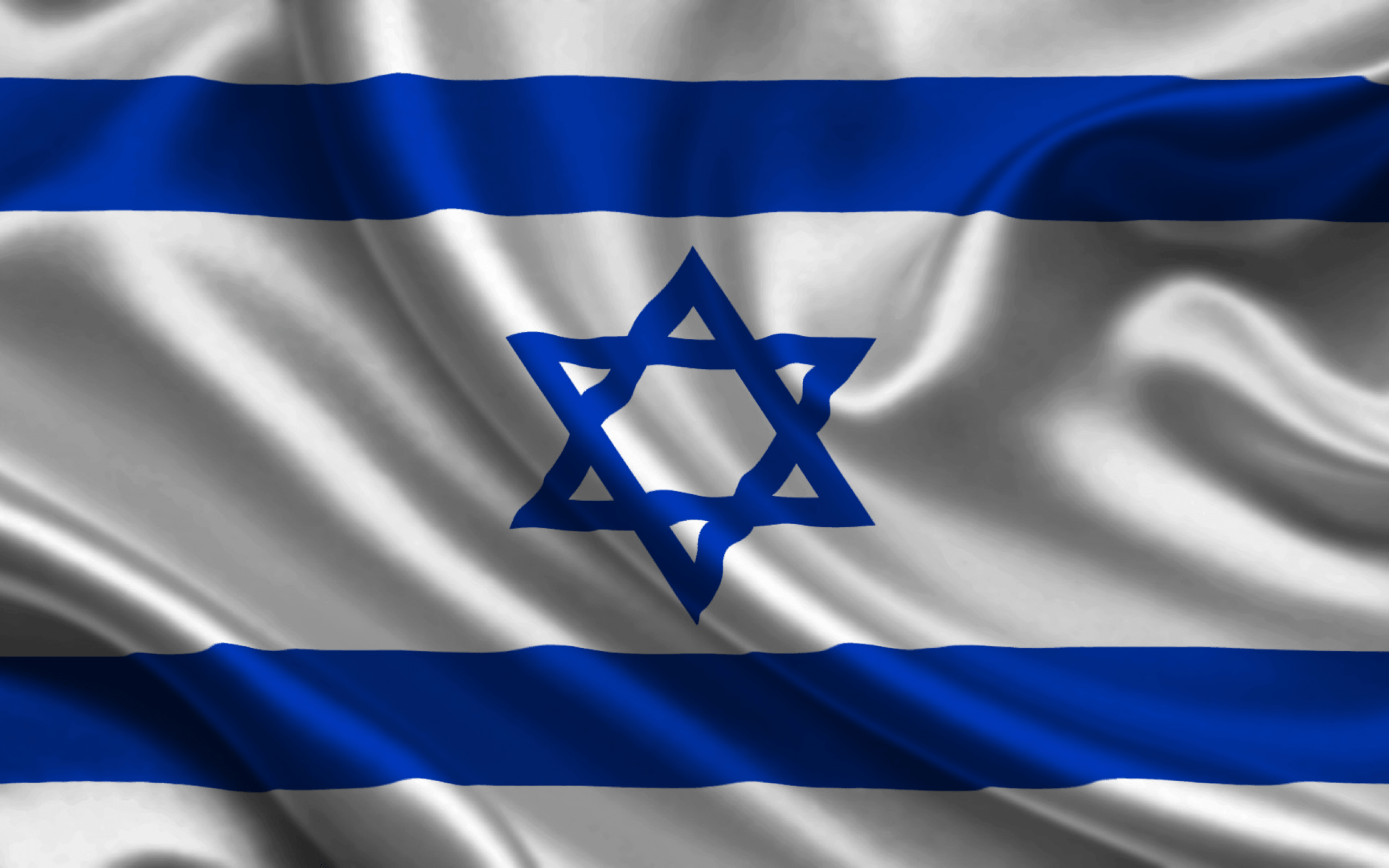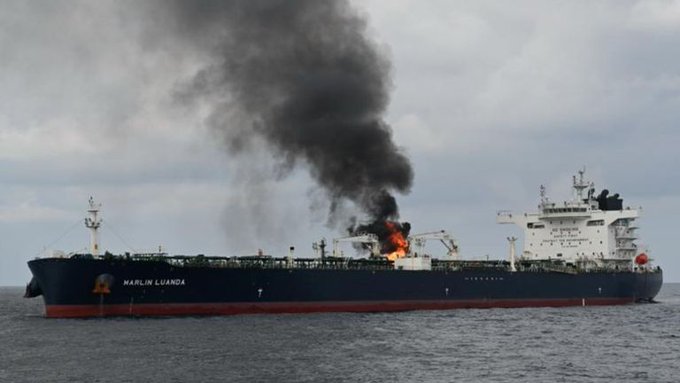Israel-Hamas Ceasefire: Prisoner Swap and Humanitarian Aid Mark Second Day
In a significant development on the second day of a four-day ceasefire between Hamas and Israel, the prisoners and hostages release swap is expected to take place again today as part of the deal between Israel and Hamas.
Friday’s exchange, facilitated by Egyptian and Qatari mediation, saw the release of 39 Palestinians and 13 Israelis from captivity.
There was an arrival of a major humanitarian aid convoy in northern Gaza today.
Hamas released 13 Israelis, including nine women and four children under 9 years old, and 10 Thais and one Filipino held in Gaza. Israel, in return, freed 39 Palestinians, with 14 more Israelis expected to be released as part of the ongoing swap.
The release involved both prisoners and hostages held since Hamas’s October 7 attack on Israel, triggering a seven-week war.
The four-day ceasefire allowed for the largest humanitarian convoy since the conflict’s onset, delivering critical supplies such as fuel, food, and medical resources to Gaza. The United Nations reported an opportunity to scale up aid delivery, including 129,000 liters of fuel, approximately 10% of the pre-war daily volume.
Gazans experienced a temporary respite from relentless Israeli bombardment, with rocket fire from Gaza into Israel also ceasing during the ceasefire.
While the ceasefire brought relief, both sides expressed concerns. Israel warned that the war is not over, signaling a possible resumption of hostilities after the truce.
Palestinians, including those in Gaza’s northern areas, faced challenges as they cautiously navigated the temporary pause in the conflict. The brief truce leaves Gaza grappling with a humanitarian crisis, and the threat of renewed fighting looms large.
Egypt and Qatar played crucial roles in mediating the ceasefire and facilitating the prisoner exchange, with the potential for additional releases in the coming days.
The international community, including the United Nations, welcomed the temporary cessation of hostilities as an opportunity to address urgent humanitarian needs.
As the second day concludes, the situation remains delicate, balancing momentary relief with the underlying tensions that persist in the Israeli-Palestinian conflict.








